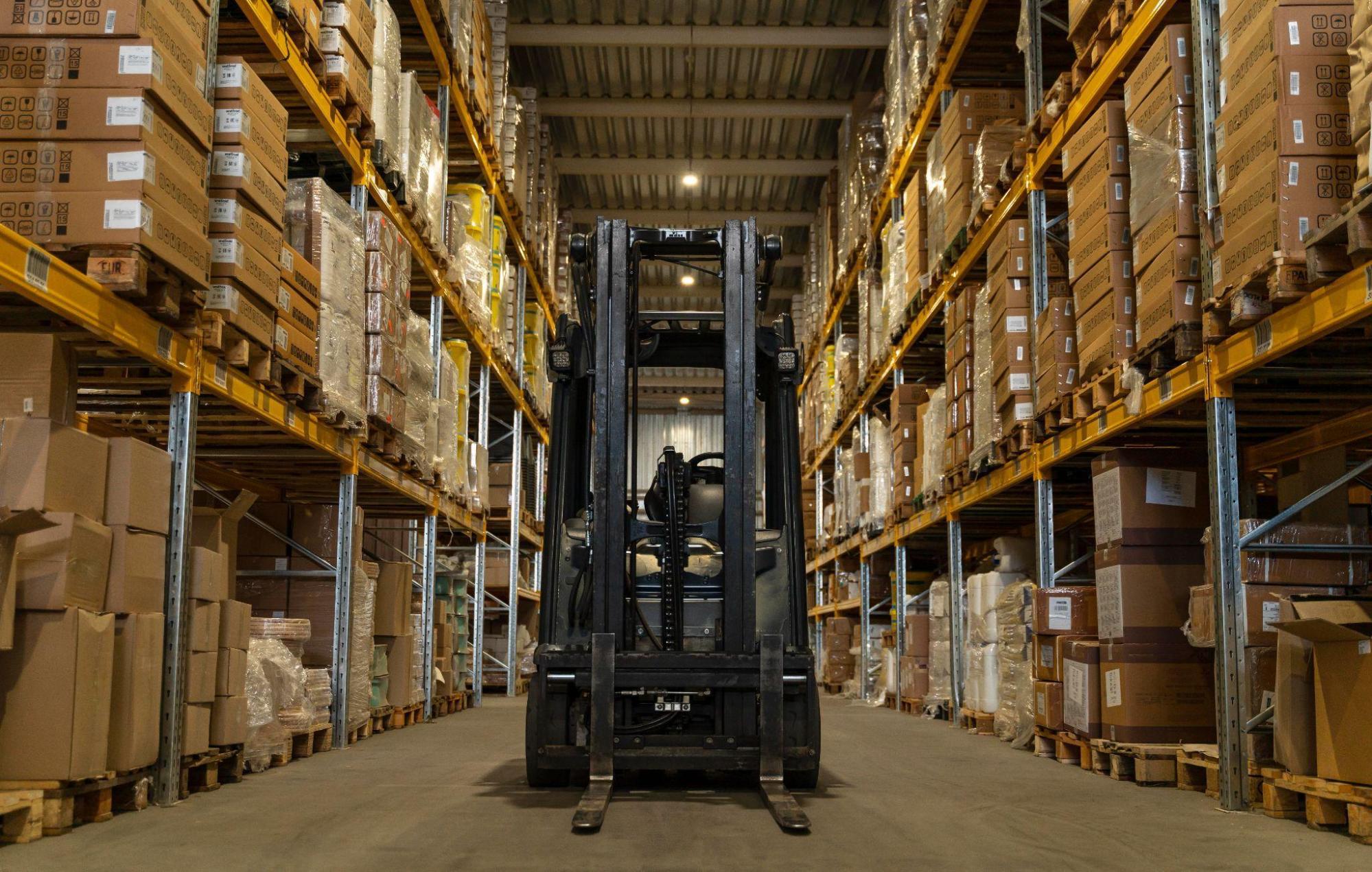Exploring Package Consolidation & Bulk Item Shipping

When sourcing products overseas to gain access to a wide range of goods, it’s important to know your options so you can optimise procurement while managing the costs. This is especially important if you’re planning to source a large quantity of items.
One of the ways to reduce hefty shipping charges that come with individually shipping items is by opting for package consolidation service or bulk shipping.
What is Bulk Shipping?
Bulk shipping involves transporting large quantities of goods together. This shipping method is particularly beneficial for businesses dealing with high-volume orders or large-heavy items. Typically, it is used for raw materials, such as grain, coal, ore, and liquids. However, they have been increasingly relevant for businesses shipping large quantities of manufactured goods.
Benefits of Bulk Shipping
Bulk shipping items offers several advantages for businesses:
- Cost savings: Shipping in bulk typically results in lower per-unit shipping costs compared to sending individual packages. This is because you're effectively sharing the cost of transportation across a larger volume of goods.
- Efficiency: Consolidating your goods into a single shipment streamlines logistics, reduces paperwork, and simplifies tracking.
- Environmental impact: By maximising container space, bulk shipping can minimise the number of shipments required, reducing fuel consumption and carbon emissions.
- Improved inventory management: Bulk shipping allows you to receive a large quantity of goods at once, ensuring you have ample stock to meet demand and avoid stockouts.
What Is Package Consolidation?
Package consolidation is a service that combines multiple packages from different vendors or suppliers into a single shipment. This is particularly useful for businesses that source products from various online retailers or marketplaces. Instead of receiving multiple packages with separate shipping fees, you can have them consolidated at a warehouse and shipped together, saving on costs and simplifying logistics.
Essentially, package consolidation services combine the cost savings of bulk shipping with the flexibility of smaller individual shipments.
Benefits of Package Consolidation
Package consolidation offers numerous advantages:
- Reduced shipping costs: By combining multiple packages into one, you can significantly reduce shipping fees.
- Simplified logistics: Instead of managing multiple tracking numbers and delivery schedules, you'll only have to deal with one shipment.
- Reduced risk of loss or damage: Consolidating packages minimises the number of times your goods are handled, reducing the risk of loss or damage during transit.
- Increased flexibility: Package consolidation allows you to shop from multiple suppliers without incurring exorbitant shipping costs.
Handling Consolidated Packages and Bulk Shipments
Managing bulk shipments and consolidated parcels requires careful planning to ensure the packages arrive at their destination seamlessly and efficiently. Some key considerations include:
1. Cargo Identification and Classification
Properly identifying and classifying your cargo is essential for ensuring compliance with shipping regulations and customs procedures. This includes accurately describing the goods, providing necessary documentation, and adhering to labelling requirements.
2. Planning for Loading and Unloading
Loading and unloading shipments that are in bulk requires specialised equipment and expertise. That’s why it’s crucial to plan the loading and unloading process in advance. Factors such as the weight and dimensions of the cargo, the type of container used, and the available infrastructure at the loading and unloading points should be considered.
3. Documentation
Accurate and complete documentation is vital for smooth customs clearance and efficient shipping. This includes commercial invoices, packing lists, bills of lading, and any other required permits or certificates.
4. Communication and Coordination
Effective communication and coordination between all parties involved – suppliers, freight forwarders, and transportation providers – are essential for successful bulk shipping and package consolidation.
Factors Affecting Consolidated Items or Shipping Items in Bulk
When shipping items in bulk or through package consolidation, several factors influence the overall cost and logistics:
Volume and Weight of the Cargo
The size and weight of shipments are primary cost drivers. Larger and heavier cargo requires more space and resources for transport, often leading to higher shipping rates. Dimensional weight (a pricing method based on volume rather than actual weight) is also a key factor, particularly in air freight.
Distance and Destination
Shipping costs are influenced by distance, with farther destinations generally costing more. Remote or inaccessible locations often involve higher expenses due to the need for additional resources. Similarly, regions with limited infrastructure may require special handling or incur extra fees, further increasing the overall cost.
Mode of Transportation
The choice between sea, air, and land transportation impacts both cost and transit time.
- Sea freight is cost-effective for large shipments but slower.
- Air freight offers speed but comes with significantly higher costs.
- Land freight is ideal for short to medium distances but may be limited by infrastructure and regional regulations.
Fuel Prices
Fluctuating fuel costs directly affect shipping rates. Rising fuel prices increase operating costs for carriers, which are passed down to customers in the form of fuel surcharges.
Customs Duties and Taxes
Import duties and taxes vary by destination country and are influenced by factors such as the type of goods, their declared value, and trade agreements. Businesses must account for these additional expenses when calculating total shipping costs.
Challenges and Considerations When Shipping Items in Bulk
While bulk shipping and package consolidation offer significant advantages, businesses should be aware of potential challenges:
Storage and Handling
Managing large shipments requires proper storage facilities capable of accommodating significant volumes of inventory. Efficient handling procedures, such as specialised equipment for loading and unloading, are also essential to minimise damage and delays. Mishandling can lead to damaged goods, increased costs, and dissatisfied customers.
Regulatory Compliance
Navigating international shipping regulations and customs processes can be a complex and time-consuming task. Each country has its own set of rules regarding what can and cannot be exported, as well as specific requirements for documentation. In Singapore, for example, items such as hazardous materials, controlled substances, and certain electronic goods may face restrictions or prohibitions.
Ensuring compliance involves understanding both the regulations of the origin country and Singapore’s import policies. Failing to adhere to these requirements can cause delays, fines, or even confiscation of goods, making thorough research and preparation essential for smooth shipping operations.
Route Planning
Efficient route planning is critical to balance cost, transit time, and reliability.
- Transit Time: Businesses shipping time-sensitive goods need to prioritise speed, which may come at a higher cost.
- Risk Mitigation: Weather and geographic challenges can disrupt planned routes. Building contingency plans and selecting reliable carriers can help mitigate these risks.
Have Your Purchased Items Consolidated and Shipped in Bulk with Com&Buy
When sourcing items from overseas markets such as China, Taiwan, Korea, or Japan, using a reliable package forwarding service can streamline the process and help you save on shipping costs. Com&Buy offers a convenient solution with its Shop for Me service, allowing you to purchase items from multiple sellers within a country and have them consolidated into a single shipment. This reduces the need for multiple smaller packages, significantly lowering shipping fees and simplifying the logistics of transporting goods to Singapore.
Consolidating and shipping items in bulk with Com&Buy also ensures greater convenience and efficiency. Instead of managing multiple shipments, you receive all your purchases at once, reducing the likelihood of misplaced items or delays. Com&Buy's expertise in package consolidation ensures your items are securely packed, minimising the risk of damage during transit. By choosing Com&Buy, you benefit from a hassle-free experience, reliable service, and cost-effective bulk shipping tailored to meet your needs.
Whether you're sourcing goods for personal use or business resale, Com&Buy helps make international procurement seamless and efficient.


